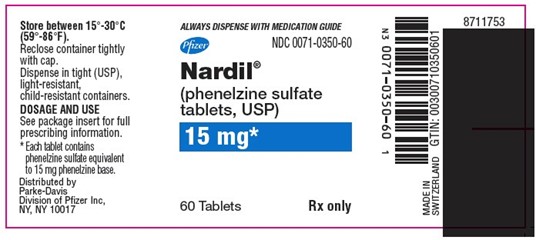A nurse is caring for a client who is receiving total parenteral nutrition. Which of the following laboratory results indicates a possible complication of this therapy?
Serum calcium 12.5 mg/dL
BUN 16 mg/dL
Serum potassium 4.6 mEq/L
WBC count 8,000/mm³
The Correct Answer is A
A nurse caring for a client who is receiving total parenteral nutrition should identify that a serum calcium level of 12.5 mg/dL indicates a possible complication of this therapy. Total parenteral nutrition can result in electrolyte imbalances, including hypercalcemia (high levels of calcium in the blood).
The other laboratory results are within normal ranges and do not indicate a complication of total parenteral nutrition.
b) A BUN level of 16 mg/dL is within the normal range.
c) A serum potassium level of 4.6 mEq/L is within the normal range.
d) A WBC count of 8,000/mm³ is within the normal range.
Nursing Test Bank
Naxlex Comprehensive Predictor Exams
Related Questions
Correct Answer is D
Explanation
The nurse should expect the provider to discontinue phenelzine 2 weeks before starting fluoxetine treatment. Phenelzine is a monoamine oxidase inhibitor (MAOI) and should not be taken with fluoxetine, which is a selective serotonin reuptake inhibitor (SSRI). Taking these two medications together can cause a dangerous drug interaction known as serotonin syndrome.
a) Levothyroxine is a thyroid hormone replacement medication and does not interact with fluoxetine.
b) Acetaminophen is a pain reliever and does not interact with fluoxetine.
c) Simvastatin is a cholesterol- lowering medication and does not interact with fluoxetine.

Correct Answer is A
Explanation
Answer: A
Rationale:
A) Hgb 20 g/dL:
A hemoglobin level of 20 g/dL is elevated and suggests polycythemia, which can occur in chronic respiratory conditions like COPD due to chronic hypoxia. Elevated hemoglobin levels can increase blood viscosity, leading to complications such as increased risk of thrombosis and cardiovascular stress. This finding indicates a potentially serious issue and should be reported to the healthcare provider immediately to address any underlying causes and manage the client's condition effectively.
B) Oxygen saturation 92%:
An oxygen saturation of 92% is slightly below the typical normal range (95-100%) but is not immediately life-threatening. While it indicates mild hypoxemia, it is a common finding in COPD patients, and the management would typically involve supplemental oxygen or adjustment of therapy. This finding should be monitored but is not the most critical issue to report immediately.
C) Productive cough with green sputum:
A productive cough with green sputum suggests a possible infection or exacerbation of COPD. Although this is an important finding that requires evaluation and possible treatment, it is less critical than an elevated hemoglobin level, which indicates a more acute systemic issue. The green sputum should be reported and managed, but it is not the priority compared to the elevated hemoglobin.
D) Chest x-ray shows hyperinflation of lungs:
Hyperinflation of the lungs is a common radiological finding in COPD due to air trapping. While it is a significant finding, it is generally consistent with the disease's progression and does not indicate an acute problem requiring immediate intervention. Monitoring and managing the underlying COPD are necessary, but this finding is less urgent than the elevated hemoglobin.
Whether you are a student looking to ace your exams or a practicing nurse seeking to enhance your expertise , our nursing education contents will empower you with the confidence and competence to make a difference in the lives of patients and become a respected leader in the healthcare field.
Visit Naxlex, invest in your future and unlock endless possibilities with our unparalleled nursing education contents today
Report Wrong Answer on the Current Question
Do you disagree with the answer? If yes, what is your expected answer? Explain.
Kindly be descriptive with the issue you are facing.
